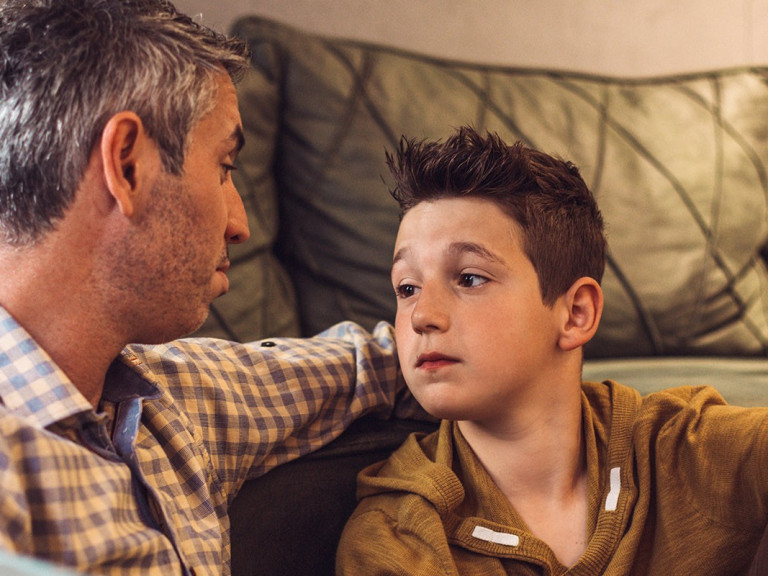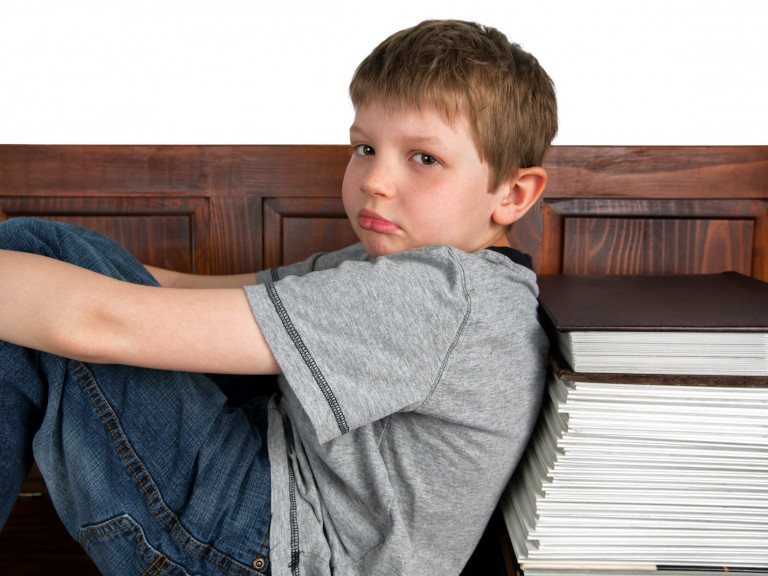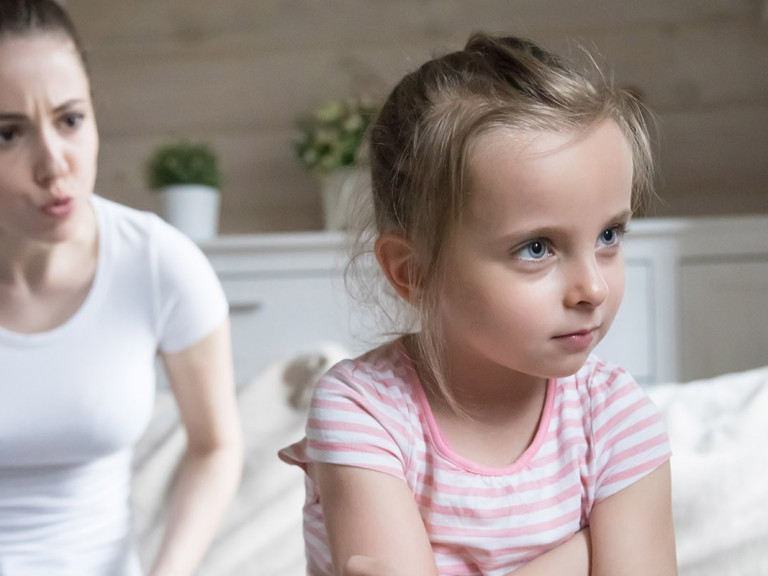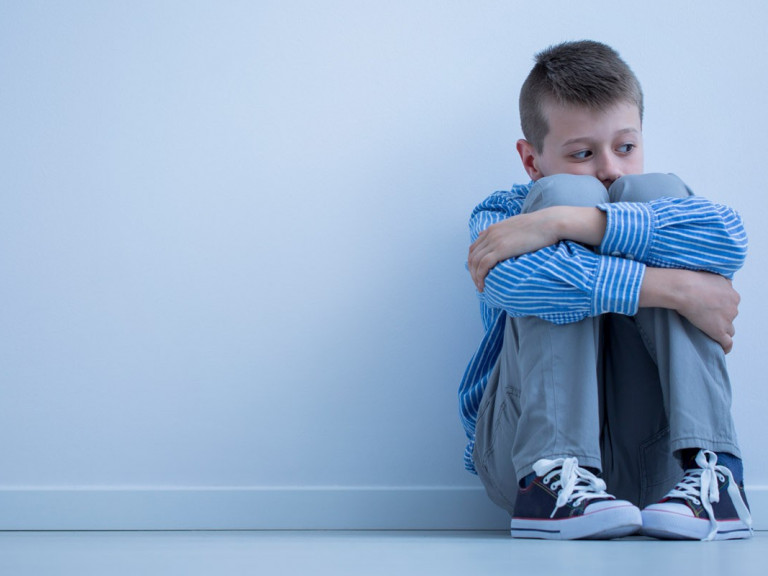Considering Divorce? How to Make a Difficult Transition Easier for Your Child
One out of every two marriages today ends in divorce and many divorcing families include children. Parents who are getting a divorce are frequently worried about the effect the divorce will have on their children. During this difficult period, parents may be preoccupied with their own problems, but continue to be the most important people in their children’s lives.
While parents may be devastated or relieved by the divorce, children are invariably frightened and confused by the threat to their security. Some parents feel so hurt or overwhelmed by the divorce that they may turn to the child for comfort or direction. Divorce can be misinterpreted by children unless parents tell them what is happening, how they are involved and not involved and what will happen to them.
Children often believe they have caused the conflict between their mother and father. Many children assume the responsibility for bringing their parents back together, sometimes by sacrificing themselves. Vulnerability to both physical and mental illnesses can originate in the traumatic loss of one or both parents through divorce. With care and attention, however, a family’s strengths can be mobilized during a divorce, and children can be helped to deal constructively with the resolution of parental conflict.
Parents should be alert to signs of distress in their child or children. Young children may react to divorce by becoming more aggressive and uncooperative or withdrawing. Older children may feel deep sadness and loss. Their schoolwork may suffer and behavior problems are common. As teenagers and adults, children of divorce often have trouble with their own relationships, and can experience problems with self-esteem.
Children will do best if they know that their mother and father will still be their parents and remain involved with them even though the marriage is ending and the parents won’t live together. Long custody disputes or pressure on a child to “choose sides” can be particularly harmful for the youngster and can add to the damage of the divorce. Research shows that children do best when parents can cooperate on behalf of the child.
Parents’ ongoing commitment to the child’s well-being is vital. If a child shows signs of distress, seek a child and adolescent psychologist for evaluation and treatment. The child and adolescent psychologist can meet with the parents to help them learn how to make the strain of the divorce easier on the entire family. Psychotherapy for the children of a divorce, and the divorcing parents, can be very helpful.
Child Custody Evaluations
During the course of a divorce, matters related to the wellbeing and best interests of children of divorcing families are sometimes very difficult for some couples to resolve. When the divorcing couple cannot establish plans for child custody and co-parenting, even with the skilled effort of their attorneys and/or through mediation, a trial will be held and a judge will decide these issues. A child custody evaluation is intended to provide the court with information that the judge can consider in reaching a decision that is in the best interest of the child(ren).
The child custody evaluation is an objective assessment of the child(ren)’s needs and each parent’s ability to meet those needs. The ultimate goal of the assessment is to provide information to facilitate a judgment that is most conducive to the child(ren)’s wellbeing and that ultimately offers them the greatest potential for positive adjustment to the divorce. In accomplishing this, each parent’s strengths and weaknesses are considered, as well as factors that may make effective parenting or co-parenting a challenge.
A comprehensive and informative child custody evaluation will include parent interviews, interviews with the child(ren), observations of parent-child interaction, some psychological testing, and interviews with individuals outside the family that may help provide important information. This can be a very stressful and time-intensive endeavor for the parties involved. It is important to work with a clinician that is knowledgeable, ethical, professional, and who helps minimize undue stress on the children, while effectively gathering and skillfully integrating the data necessary to help the court in its decision.





















